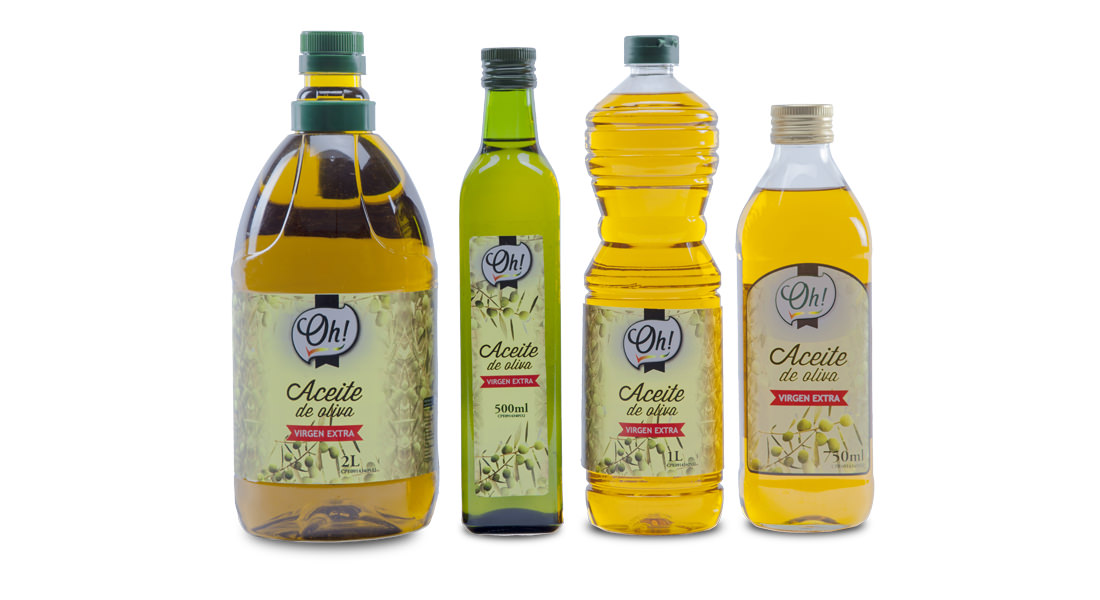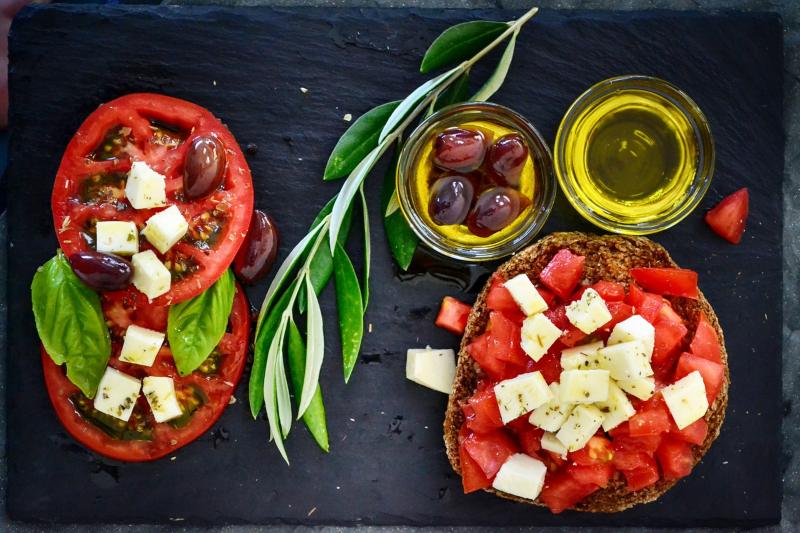
If you are interested in keeping a healthy diet you have surely heard of the Mediterranean diet. Well, then, we will briefly explain what it is, the foods that make it up and its benefits.
The Mediterranean diet has its origin in the countries close to the Mediterranean Sea, mainly Spain, Italy and Greece. It is based on a lower intake of carbohydrates and meat compared to a higher consumption of plant based foods from local agriculture.
What foods make up the Mediterranean diet?
The quintessential product of the Mediterranean diet is the olive oil with a high content of carotenes and vitamin E. Thanks to oleic acid and its vegetable fats, it helps to reduce the blockage of the arteries and makes it healthier than, for example butter.

Vegetables, fruit, fish, white meats, pasta, rice and nuts are other foods that make up this healthy way of eating.
Benefits of the Mediterranean diet
Go ahead that any diet, even the healthiest, must be combined with moderate exercise to contribute to the total well-being.
The Mediterranean diet in addition to helping to control body weight, positively helps the functioning of organs such as the kidney and the heart.
The researchers are analyzing the correspondence between the lower cancer mortality rate among the population that uses a Mediterranean diet compared to other countries of northern Europe or America.
Its importance in the well-being of individuals is not limited to the fact that it is a varied, healthy and balanced diet; also keep in mind that its low content in saturated fats and sugars, and its abundance of vitamins and fiber contribute to its richness in antioxidants.
The investigations carried out in laboratories show that the consumption of these foods diminish oxidative stress and are prevents obesity, Alzheimer, diabetes, high blood pressure, different types of cancer, osteoporosis, cardiovascular diseases and premature deaths resulting from of these pathologies.
What does this diet provide?
- Low intake of saturated fats.
- High contribution in monounsaturated fats.
- Balanced in polyunsaturated fatty acids (omega-3 and omega-6).
- Low contribution in animal protein.
- Rich in antioxidants.
- High fiber quantities.
- Rich in complex carbohydrates.
What is achieved with it?
- Decreased total cholesterol and LDL (low intensity).
- Increased HDL cholesterol (beneficial for health).
- Increased antioxidant capacity of the body.
- It raises the levels of vitamin C, E, beta-carotene and polyphenols in the blood.
- It lowers blood pressure levels, because it is low in sodium and abundant in potassium and fiber.
- It helps the detoxification of substances in the liver.
- It reduces the risk of thrombosis, acting on the coagulation mechanisms.
- Protects the arteries, dilating them and stimulating the production of the enzyme nitric oxide synthetase from the endothelium (inner layer of the arteries).
- Decreases inflammatory process.
- It modifies the expression of genes, making them healthier and increases the immune defense capacity.

As you can see, the Mediterranean diet is a source of good health as well as a wide offer of recipes that are always tasty and appetizing.
At AESEKOL we have always bet for quality products and we recognize that the most demanded food products in the countries in which we distribute are foods linked to the Mediterranean diet. If you also want to offer quality to your clients, contact AESEKOL TRADING SOLUTIONS and we will advise you.

